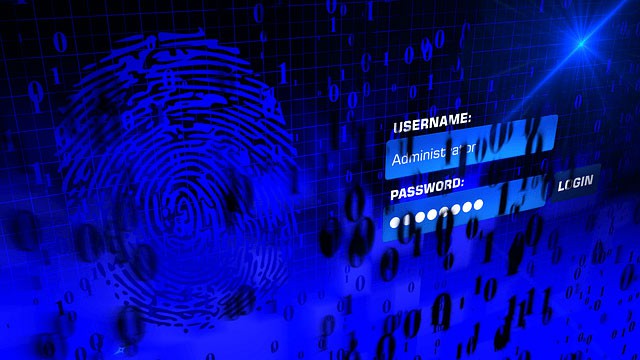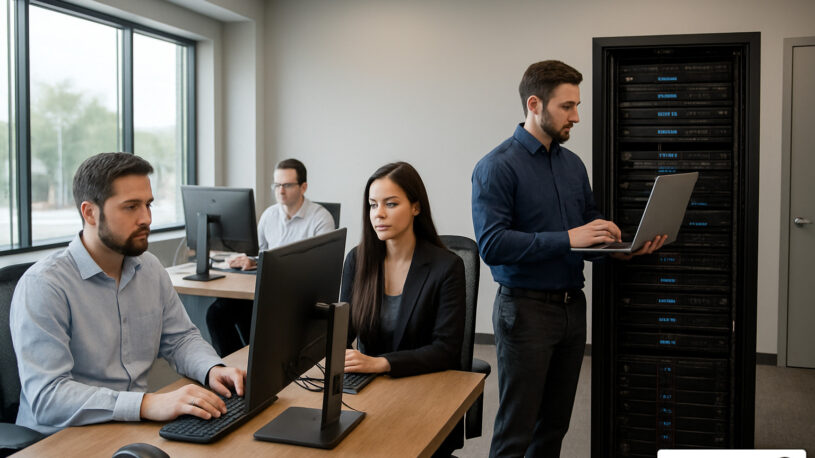

The Do’s And Dont’s Of Password Security
So many devices and applications today require a unique login and password that users can become careless when it comes to their password security. Many people revert to using a popular formula instead of creating unique logins. Users often choose an important word and year to them, followed by a symbol. Hackers can easily gain access to passwords created this way, especially with the new tools they have at their disposal. This problem can be worsened when people use the same password for multiple accounts. So, what can you do to prevent criminals from gaining access to your private information?
Risks and Safety
Hackers can now use new hardware that contains graphics processors and can try billions of passwords in a few seconds. Hackers have also started to catch on to common password patterns due to recent data leaks. This combination makes creating a secure password even more important. Passwords containing birth dates, mirrored words, names, places, hobbies, and many other obvious choices are now considered unsafe. It is equally important to set a different password for each website or account you use. It may seem stressful to do so, but protecting your personal or business information is a priority that cannot be ignored.
Rules for Creating Secure Passwords
Dont’s
When creating a new password or login, avoid using these out dated tactics:
- Don’t use slang terms or keyboard combinations. “Qwerty” and “ASDFG” are common and therefore risky passwords. Many programs used by hackers are made to sniff out common terms like these.
- Don’t use the same password between accounts. This is an extremely risky security practice. Once a hacker gets into one of your accounts, they will have access to all of them.
- Don’t use easy passwords. Some of the most popular passwords are “12345,” “abc123,” birthdays, names, and many other simple choices. Simple passwords are easy to steal.
Also remember to protect the security of your password once created:
- Don’t enter passwords on public computers. This includes computers in friends’ and family’s homes. Any computer you aren’t in control of could have malware on it waiting to steal your information.
- Don’t ever enter your password while someone is watching or standing behind you.
Do’s
Instead of using common, repetitive passwords, consider creating one that is unique by using the guidelines below:
- Do focus on creating random passwords. If they’re easy for you to remember, chances are someone else can figure them out.
- Do make your password as long as possible. It should be anywhere from 8 to 12 characters, but 12 or more is ideal.
- Do change your passwords frequently. This is especially vital for sites social media sites, online banking, and other information sensitive sites.
And again, remember to physically protect your password once it is created.
- Do log off your computer whenever you aren’t around. When you get up to leave your screen, make sure to log out and close all windows you were in. Anyone can quickly gain access to your profiles when you aren’t looking.
- Try a password manager. Almost all computer brands have their own password managing software. A popular example is Google Chrome’s password manager.
Two-Factor Identification
It’s more important now than ever before to keep your accounts safe and secure. In addition to creating complex, unique passwords, allow any sites that offer two-factor identification to do so. Two-factor identification has been proven to be one of the best ways to protect your business and personal information from exposure.
For more information about creating secure passwords and keeping them safe, contact tekRESCUE, located in San Marcos, TX.



